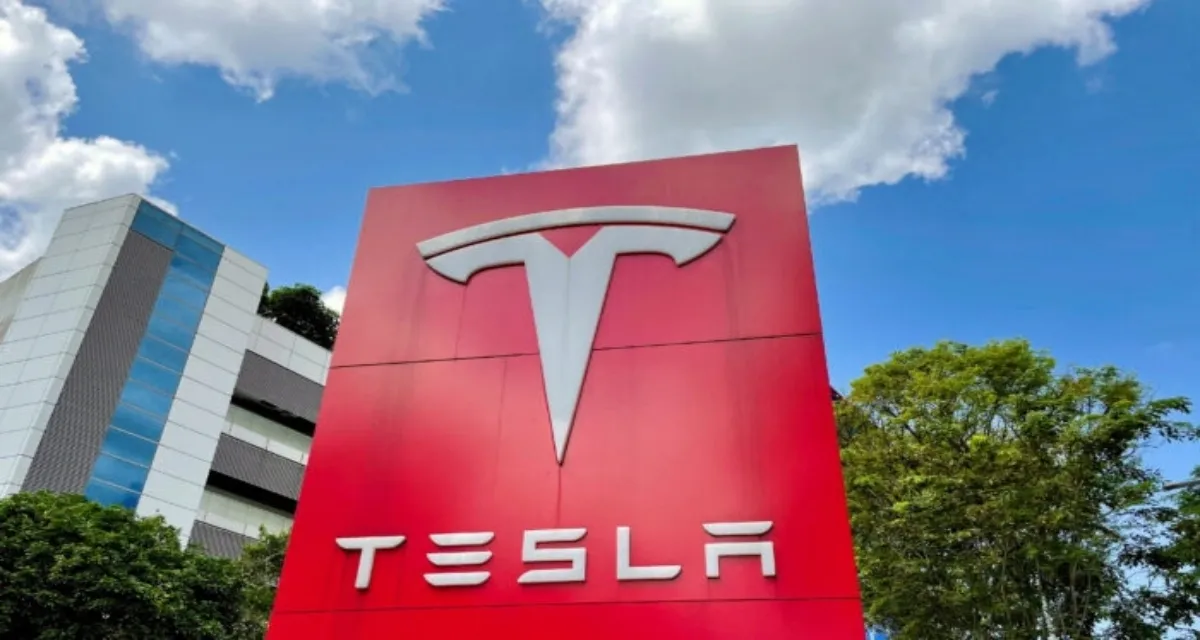

The latest on Tesla's planned entry into the Indian market came on March 10, when Commerce and Industry Minister Piyush Goyal declared that India would not modify its laws to appease the demands of any one corporation, not even the US electric vehicle behemoth.
In an interview with PTI, Minister Goyal emphasized that India's tariff policies and legislation are designed to draw in electric car producers from around the globe, not just to serve the needs of one particular company. "Everyone is allowed to express their needs. However, that does not imply that the government would act in accordance with your demands "...
The Minister underlined the importance of transitioning to battery-run vehicles to mitigate carbon emissions and acknowledged the necessity of nurturing a robust electric vehicle ecosystem in the country. Such a move, he noted, would not only combat climate change but also contribute significantly to reducing India's hefty oil import bills and conserving foreign exchange reserves.
Minister Goyal disclosed the government's continuous efforts to support the electric mobility industry by highlighting interministerial discussions and consultations with interested parties and investors from around the world, such as the US, Europe, Japan, Korea, and the Far East.
Addressing queries about potential concessions for Tesla, Minister Goyal reiterated that India's policies are not tailored to favour any particular company. This response comes in the wake of Tesla's request for tariff concessions, including a 70% offset in customs duty for cars priced under USD 40,000 and a complete waiver for higher-value vehicles, as a prerequisite for establishing a manufacturing facility in India.
While acknowledging the necessity of a vibrant electric mobility ecosystem to combat climate change and enhance economic output, Minister Goyal outlined the multifaceted benefits such a transition would bring, including reducing trade deficits, curbing inflation, and ultimately bolstering India's macroeconomic strength.
Should Tesla successfully set up operations in India, it would mark its sixth manufacturing plant globally. However, India currently imposes high tariffs on motor vehicles to promote domestic production, posing a challenge to Tesla's tariff concession demands.
Despite India's resolute determination, the fate of Tesla's entry into one of the world's fastest-growing countries remains uncertain. This demonstrates the fine balance that must be struck between the interests of multinational corporations and national economic policies.
Also Read: Best Chevrolet Muscle Cars